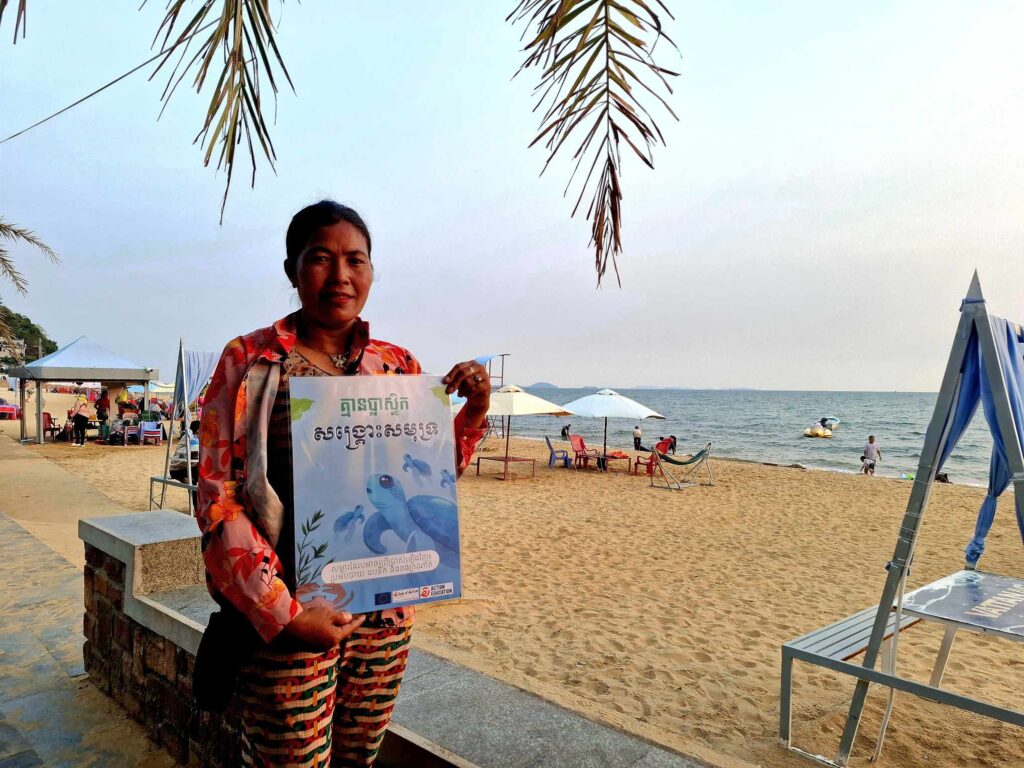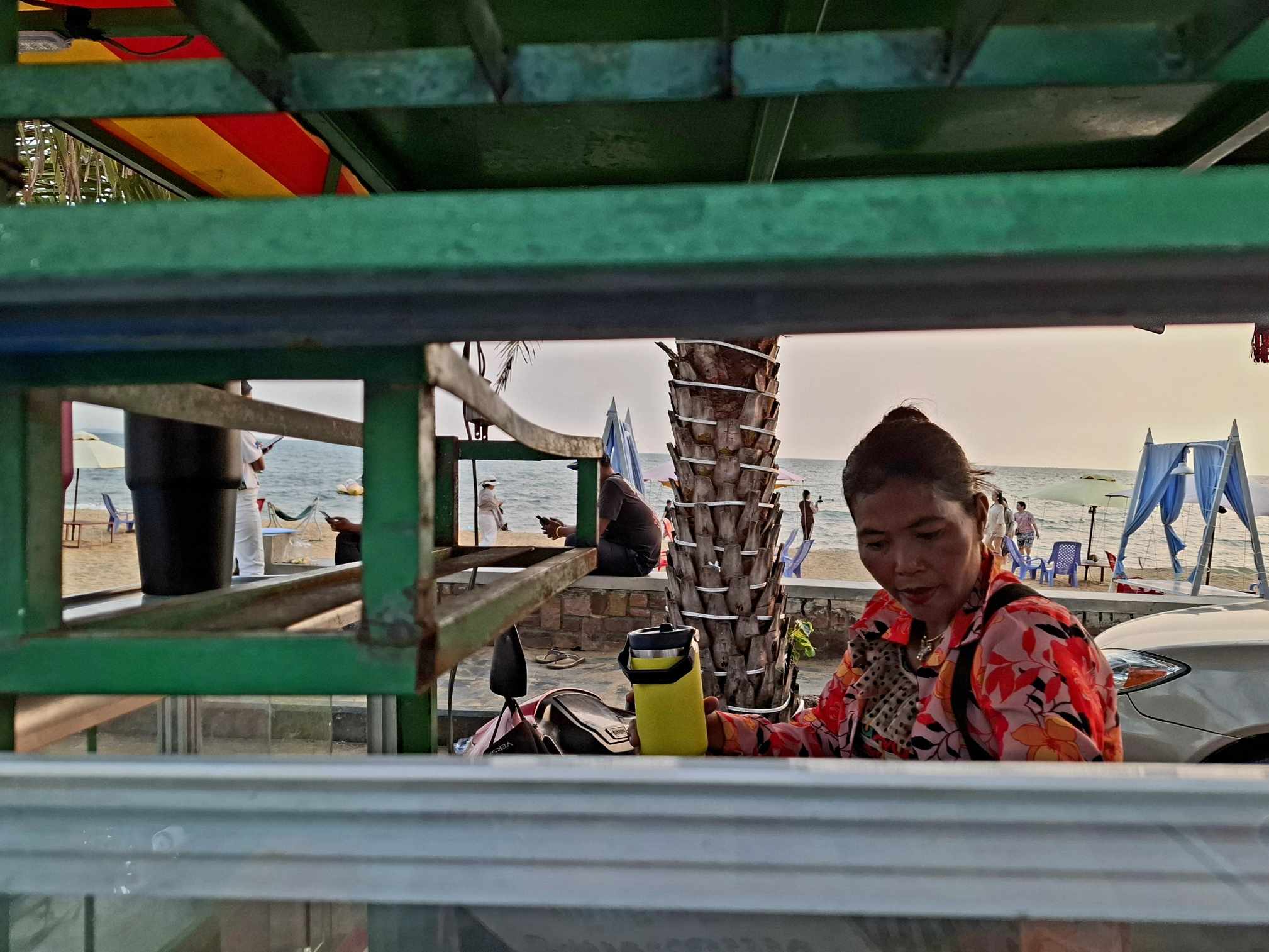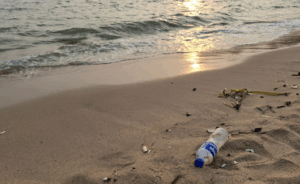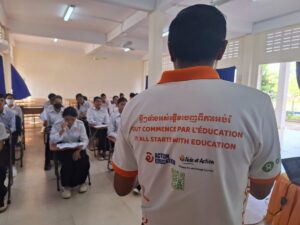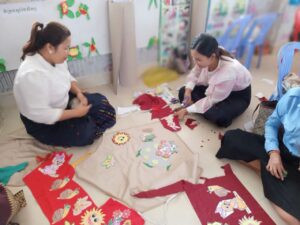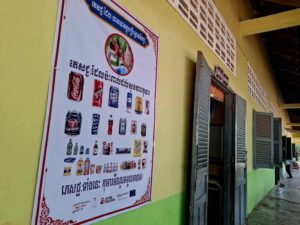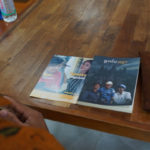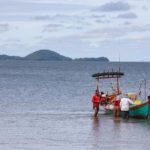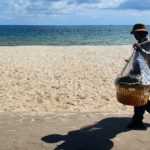Under the CO-SAVED project, co-funded by the EU, Action Education / Aide et Action (AEA) supports sustainable livelihoods and resilience in Cambodia’s coastal communities. The story of Ouch Rin is a powerful symbol of women’s empowerment and economic independence.
Ouch Rin, a mobile food vendor in Kep, has spent the last three years selling seafood, fried noodles, soft drinks, and sugar cane juice to locals and tourists at the main beach. Years ago, she was trapped in a cycle of exploitation, working long hours in a restaurant and earning only $5 a day. Despite the hardship, Rin refused to accept the status quo. She had a dream: to break free from a life of dependency and manage her own business.
Co-Action: From Survival to Success
About a year ago, AEA empowered Rin with a food cart—a tool that allowed her to work more productively without relying on exploitative employment. While her husband managed their second cart, Rin took charge of her own business, making sure she was in the same spot every day to build a loyal customer base.
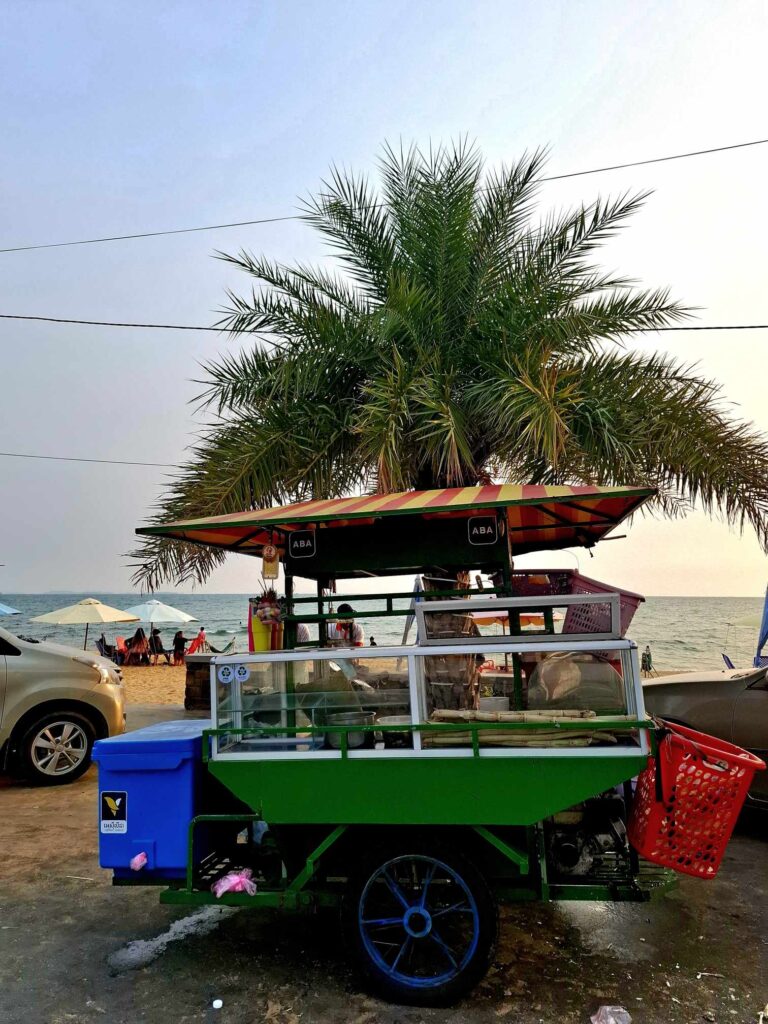
On good days, she gets up to $50, with one remarkable day bringing in $150. The cart has allowed Rin to increase her income, opening doors for further investment and even greater success. AEA’s support extends beyond economic empowerment – our project also aims to protect the environment that the coastal communities depend on.
AEA also helped Rin reduce plastic waste by providing reusable containers. “If there’s too much plastic, tourists don’t come on the beach,” she says, aware of the importance of keeping the environment clean. By adopting eco-friendly practices, Rin not only strengthens the local economy but also builds her reputation as a forward-thinking food seller.
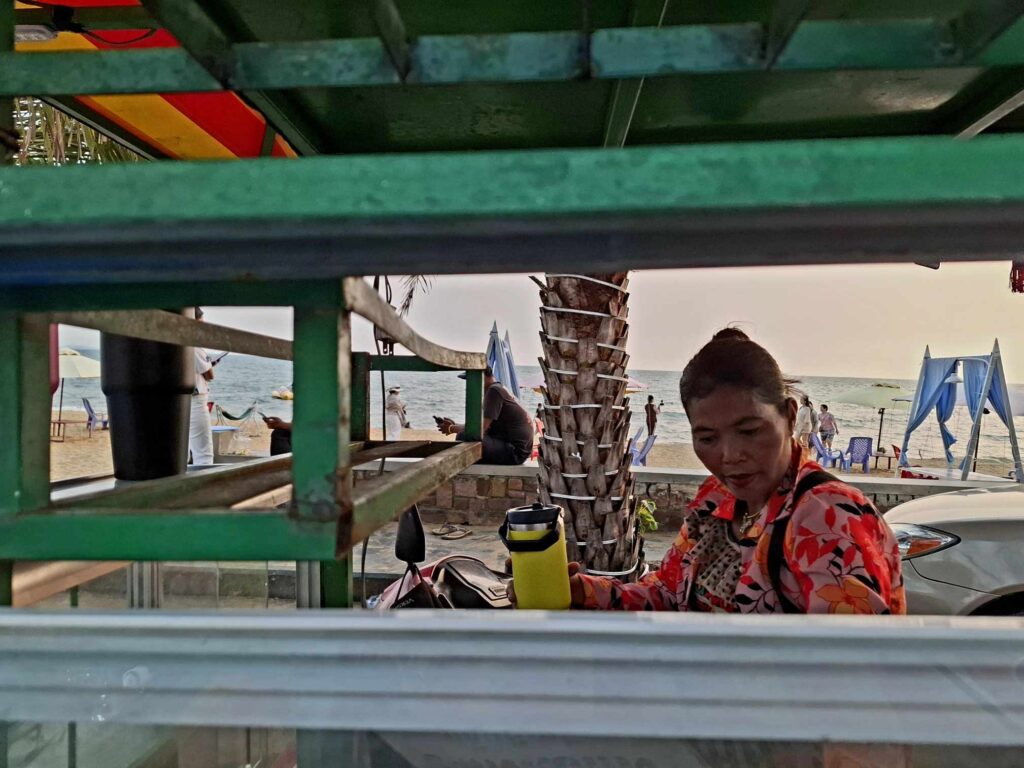
Co-Impact: Empowered to Grow
AEA’s support has changed something in Rin’s life. “Years ago, I earned $5 a day. Now, there’s never a day when I earn nothing,” she says, celebrating the freedom that comes with economic independence.
Her income improves her family’s life and contributes to her children’s education. She’s pregnant, and two of her children are still in school. “One of my sons is 18, and my daughter is only 16.” However, her oldest son, 22, now works in IT. “I’m proud of him,” she says with a smile.
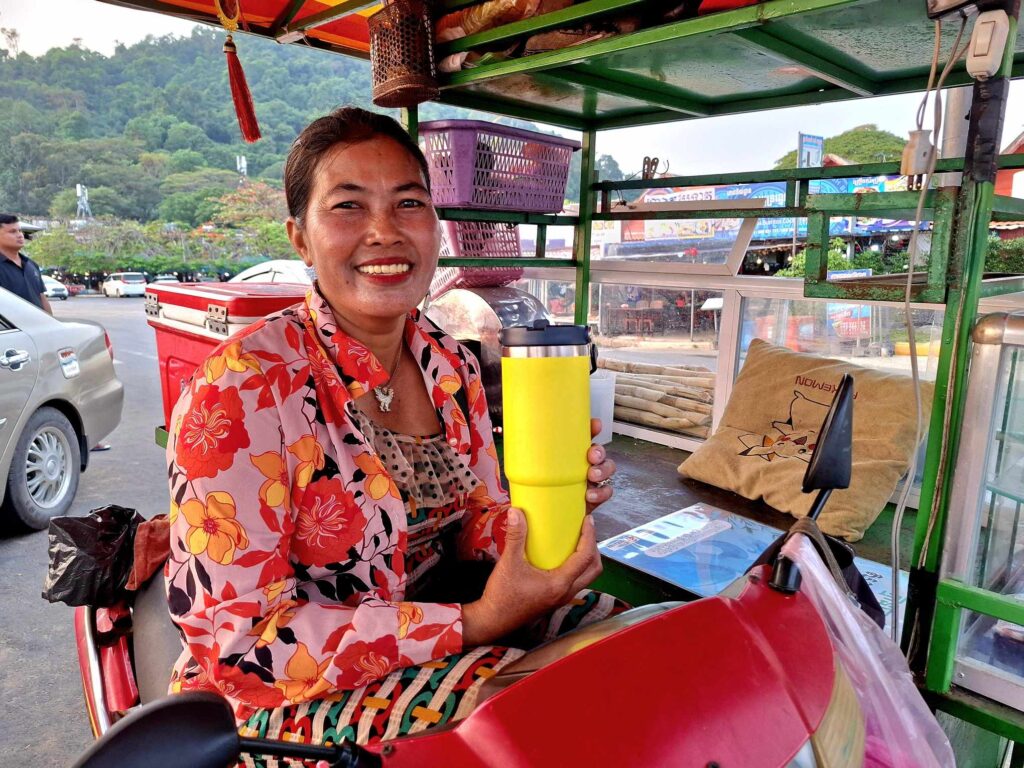
Rin’s business also contributes to the resilience of her coastal community. By attracting tourists and helping reduce plastic waste, she plays a key role in preserving the beauty of Kep, ensuring it remains an appealing destination for local, national, and international visitors.
Rin’s success highlights how small, community-based interventions can spark significant change. It shows that when provided with the right resources and support, people can transform their communities and pave the way for a more sustainable, equitable future.
